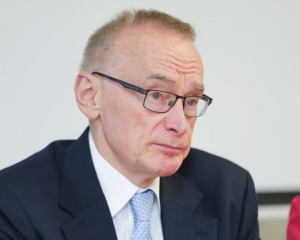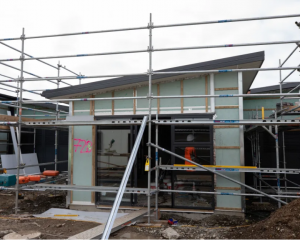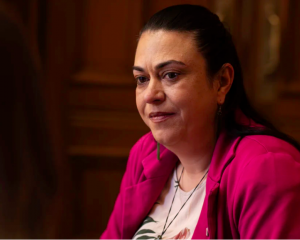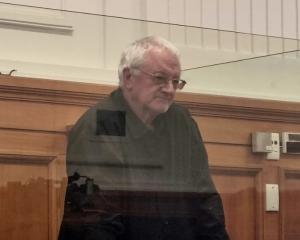Hospitals are gearing up for another strike by junior doctors.
Members of New Zealand Resident Doctors Association (NZRDA) have given notice of a 48-hour strike on April 22 and 23, ending at 7am on April 24.
"This union only has one way of negotiating - holding a loaded gun to the heads of patients," District Health Boards (DHBs) spokesman David Meates said tonight.
But NZRDA general secretary Deborah Powell said that since December employers had been stalling negotiations, claiming they needed time to collect and validate data on the medical workforce situation.
The DHBs have started contingency planning for the strike which would reduce hospitals to emergency services only and force the deferment of all non urgent surgery and elective treatments for several days.
Mr Meates said the strike would force hospitals to cut back services to make sure they could provide urgent and emergency cover.
"What's worse, the doctors are planning another three-day strike for the week after the Anzac holiday weekend which means elective and non-urgent surgery might have to be deferred for up to 10 days," he said.
Dr Powell said a ballot amongst NZRDA members revealed overwhelming support among resident doctors to take action.
"NZRDA is seeking a 10 percent per annum pay rise over the next three years," she said.
"When negotiations began in May 2007, DHBs offered resident doctors just 3.5 percent per annum, which was subsequently increased to 4 percent per annum over two years in December," Dr Powell said.
Mr Meates said the next round of talks had been scheduled for April 22.
"DHBs are prepared to meet and talk at any time, however, the reality is that we'll never get a deal with this group while they're claiming 40 percent," he said.
"The union is claiming three base pay increases of 10 percent a year plus increases in other allowances and rates that push the costs to 40 percent in total or more than 13 percent per year."
Mr Meates said the demands were significantly beyond other health sector settlements which had been around 4 percent.
"We've offered this group a salary package that is in line with the nurses' settlement and the offer that senior doctors are now considering, but the union's response has actually been to increase its claim," he said.
Dr Powell said the action was a last resort.
"If it were not for the protracted nature of the last negotiation round this might have been avoided," she said.
Dr Powell said the onset of winter was likely to complicate DHBs' recruitment problems with patient numbers always escalating in winter and the dragged out negotiations forcing skilled staff to leave for Australia or locum at the same time.
"Our members have run out of patience but not of patients who, due to the rapidly declining workforce, are increasing on a per doctor basis by the day."
Mr Meates said DHBs had some genuine workforce issues to resolve - including growing shortages of junior doctors - but they would not be solved in pay talks.
"The union is talking up a problem with scaremongering about a retention crisis to support its claim.
"In the last five years, we've added more than 300 junior doctors to our hospitals, doctor migration to Australia has not changed significantly and their earnings have increased to the point where in 2007, the average first year resident medical officer earns $70,138 plus a range of additional payments of $15,149."












